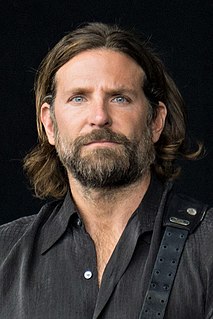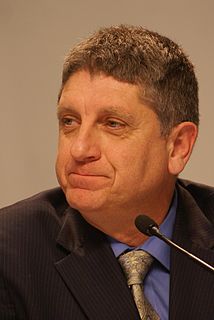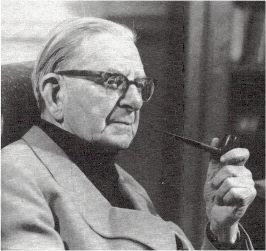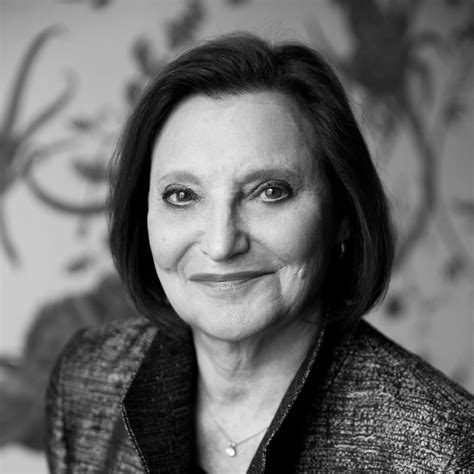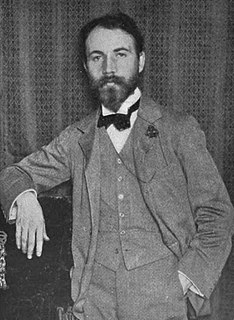A Quote by H. L. Mencken
Who ever heard, indeed, of an autobiography that was not (interesting)? I can recall none in all the literature of the world
Quote Topics
Related Quotes
The more I can make a person comfortable in their environment by taking my ego's hat off and leaving it at the door, then they can dive deep within themselves and we can pull out something interesting that people have never heard before. It's the stuff that's - that no one's ever heard before is really interesting.
We do literature a real disservice if we reduce it to knowledge or to use, to a problem to be solved. If literature solves problems, it does so by its own inexhaustibility, and by its ultimate refusal to be applied or used, even for moral good. This refusal, indeed, is literature's most moral act. At a time when meanings are manifold, disparate, and always changing, the rich possibility of interpretation--the happy resistance of the text to ever be fully known and mastered--is one of the most exhilarating products of human culture.


